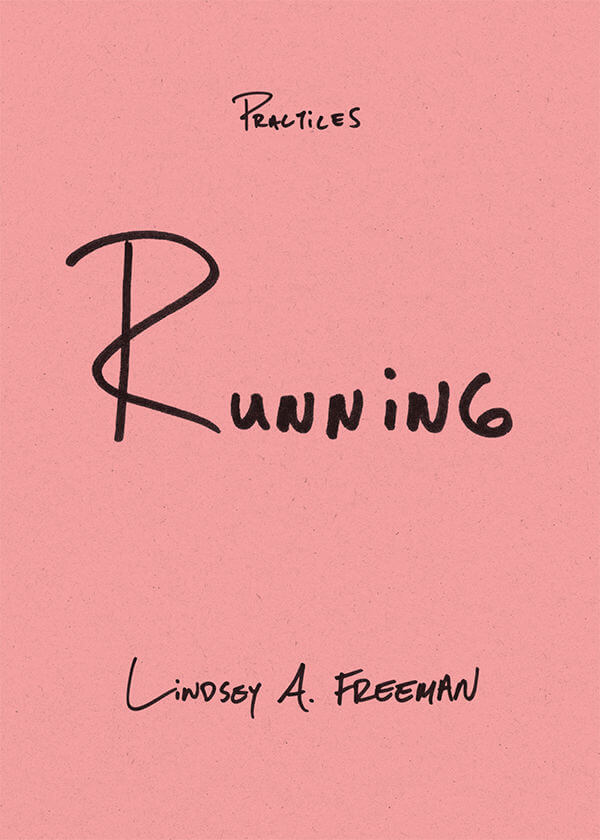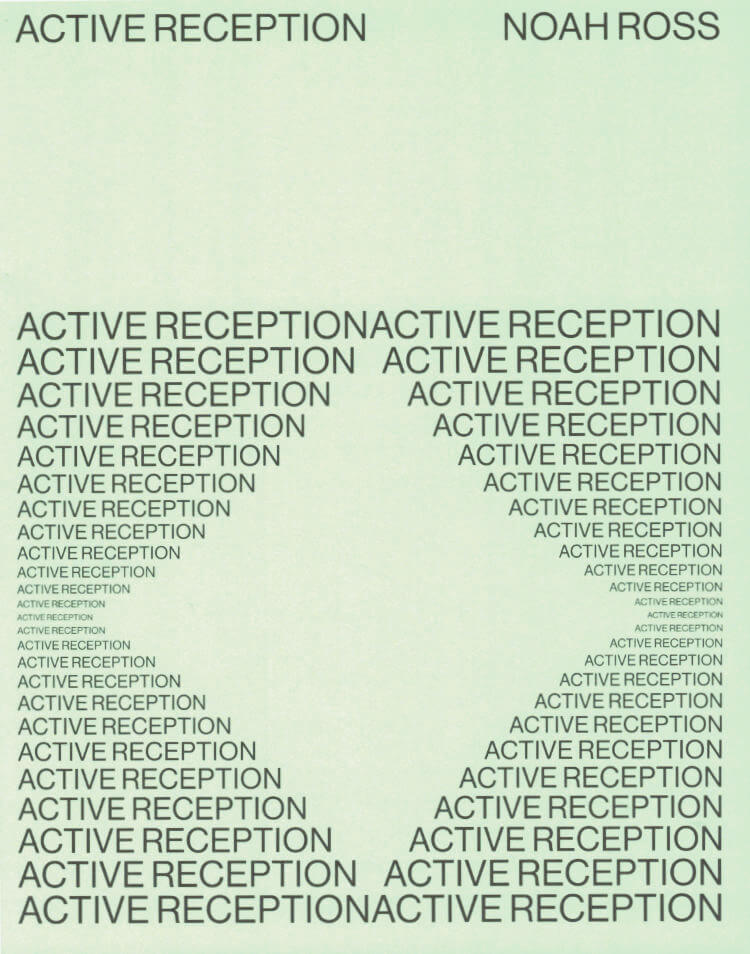Vaginal Davis offers insights into her collaborative practice of making music in art-punk bands in Los Angles and Berlin.
The artist Vaginal Davis certainly moves on dangerous ground with her transgressive shuffling of gender and genre boundaries. The self-described "sexual repulsive" co-founded several art/punk bands in her expansive 40-year-plus career, namely Afro Sisters, ¡Cholita!, Pedro, Muriel & Esther (PME), black fag and Tenderloin. As a writer and "Whoracle et Delphi", Ms. Davis turns her quirky hairy eyeball to the collective practice of making music in the saucy underground scenes of Los Angeles and Berlin. In their contributions, longtime comrades and collaborators Bibbe Hansen (artist and Warhol Silver Factory habitué) and Felix Knoke (guest performer for The Hidden Cameras and band member of Tenderloin) rave about joint performances and rehearsals, divulging sacred secrets and rifts. Bruce "Judy" LaBruce, Glen Meadmore and Lisa "Suckdog" Carver make surprise guest appearances, along with images from live performance spectacles The White to Be Angry, Trust Fund, Interracial Dating Game, We're Taking Over, Afro De Sade and Camp/Anti-Camp: A Queer Guide to Everyday Life.
Edited by Jenny Schlenzka and Julia Grosse.
Texts and works by Vaginal Davis, Bibbe Hansen, Felix Knoke.
Published on the occasion of Vaginal Davis's exhibition at Gropius Bau, Berlin, in 2025.
Vaginal Davis is a Berlin-based American intersexed artist, queer icon of art and music. Vaginal Davis herself is a living work of art: a performer, writer and creator of iconic zines; a visual artist, experimental filmmaker; a self-proclaimed Blacktress and drag terrorist, a gossip columnist, influential socialite, educator and countercultural renegade. Since the late 1970s, her oeuvre has pushed the boundaries of art, music and performance. Inspired by the militancy of the Black Panthers’ pursuit of social justice in the United States, she named herself after feminist and Black Power activist Angela Davis.








